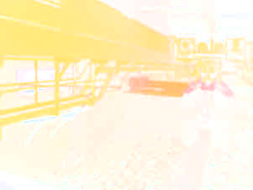Problems associated with coal fired power generation plant and possible solutions
Coal combustion is a source of multiple pollutions:sulphur and nitrogen oxides, particles, mercury, cadmium, arsenicum, etc. It is difficult to remove contaminants from coal before burnning. Coal washing may create just an additional problem. Some modern technologies to control polutions still can not bring them to the environmentally save level.




